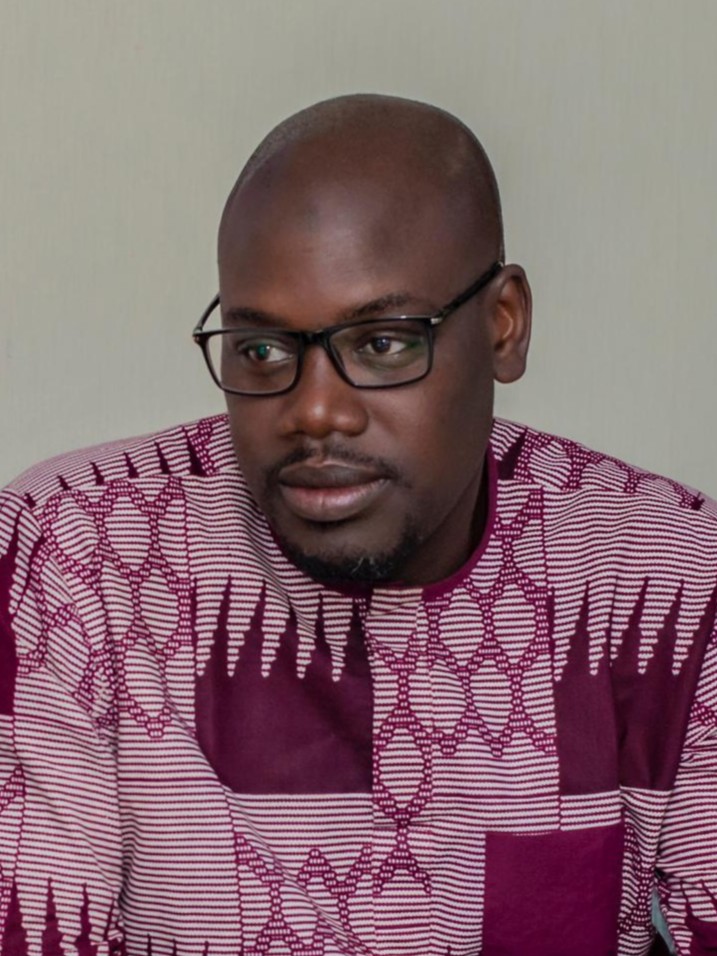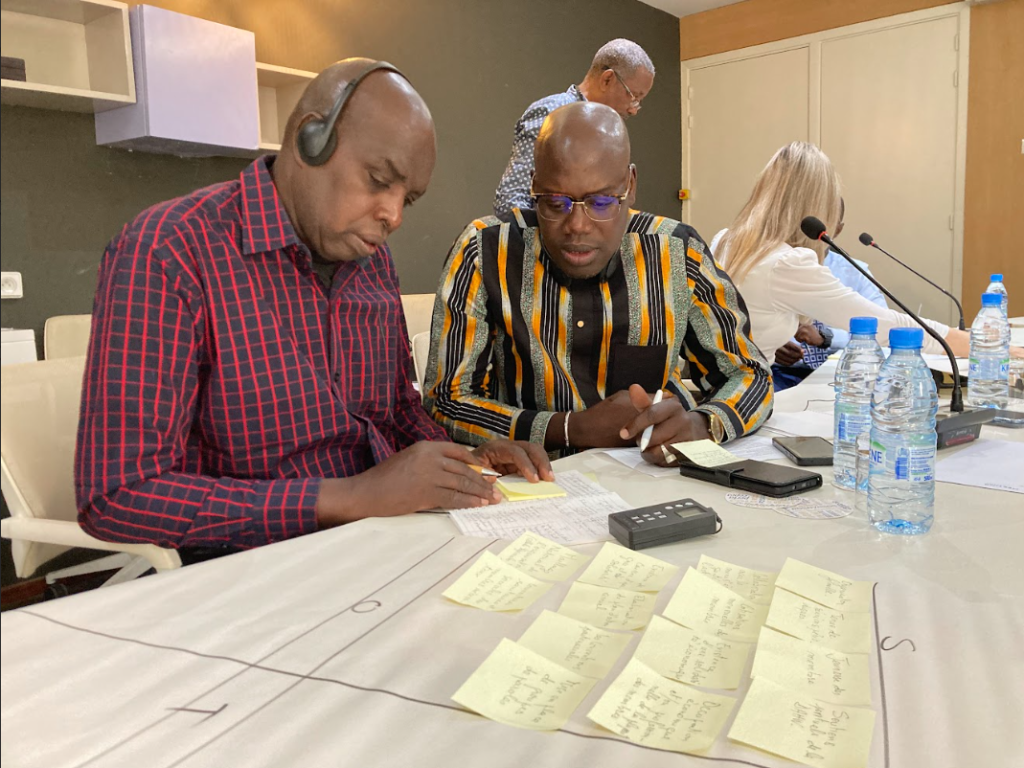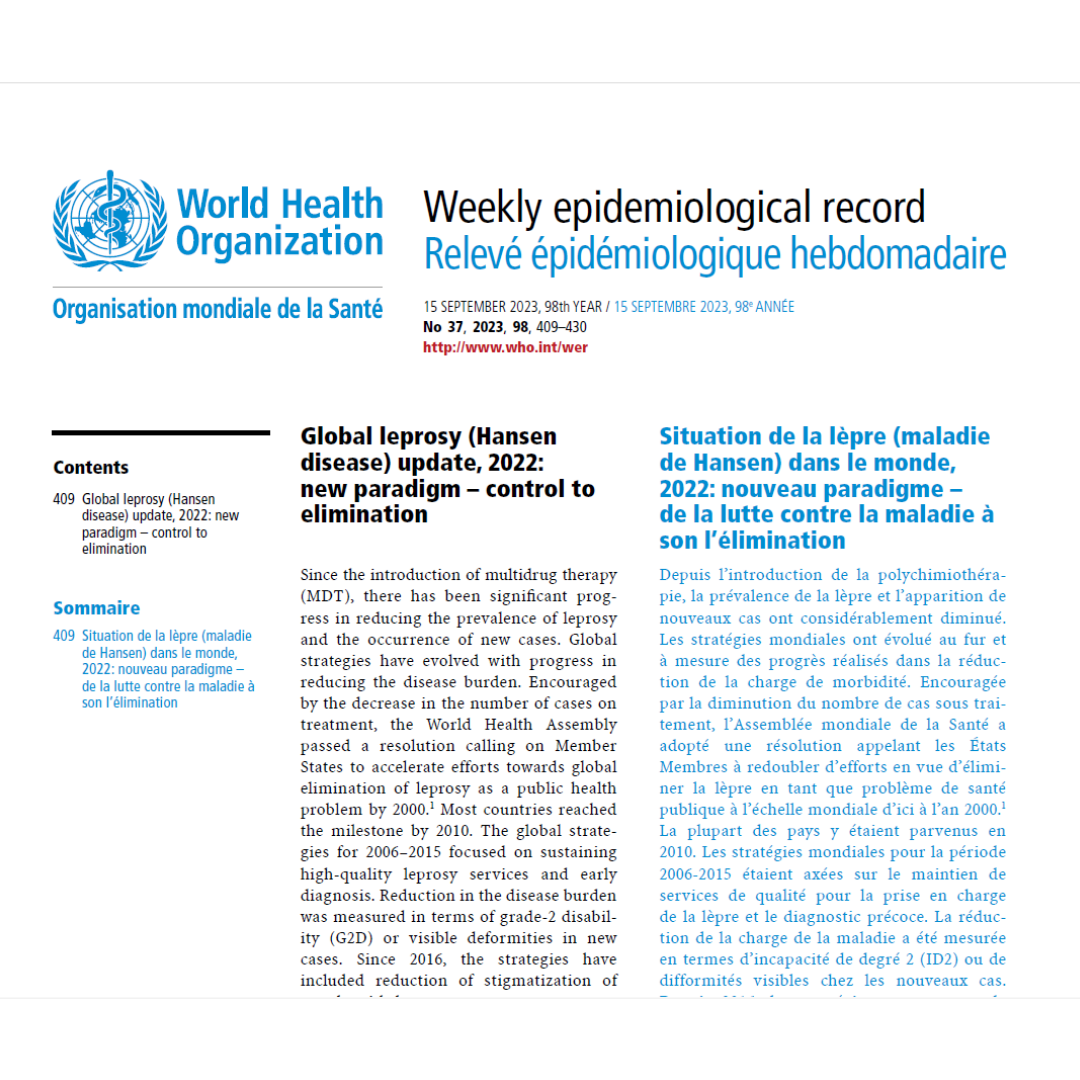
Papa Mamadou Diagne
President, Association Sénégalaise Contre la Lèpre et les Maladies Tropicales Négligées (ASCL/MTN)
Papa Mamadou Diagne has been affected by leprosy since 2009. As president of ASCL/MTN, he is involved in advocacy for rights and access to care, awareness-raising for social and environmental behavior change, education and training, and development of individualized rehabilitation plans for empowerment and inclusion.
From March 8 to 11, 2025, a capacity-building workshop organized with the support of the Sasakawa Leprosy (Hansen’s Disease) Initiative took place in Dakar, Senegal. Four Africa-based organizations of persons affected by leprosy participated: Purple Hope Initiative Nigeria (PHIN); National Association of Persons Affected by Leprosy – Sierra Leone (NAPAL-SL); Tanzania Leprosy Association (TLA); and the Senegalese Association Against Leprosy and Neglected Tropical Diseases (ASCL/MTN).
The workshop focused on project proposals as well as administrative and financial management. As a host and participant, I was particularly impressed by the spirit of solidarity and commitment of the various actors present. This event brought together voices from various backgrounds, all united by the same cause: to improve the living conditions of persons affected by leprosy. The discussions were rich, frank, and constructive, which made it possible to identify common priorities and practical solutions to the challenges we face.
Some key takeaways from the discussion include:
Persistent challenges of stigma and discrimination: Despite advances in the treatment and management of leprosy, stigma continues to be a major barrier for those affected. Discussions highlighted the importance of increased awareness to deconstruct myths and change mindsets in local communities.
Need for capacity building of local organizations: The workshop highlighted the urgent need to strengthen the capacity of organizations of persons affected by leprosy. It is essential to provide them with the necessary tools so that they can play an active and effective role in leprosy management at the community level. This includes continuing education, networking with other organizations, and improving access to financial and logistical resources.
Importance of cross-sectoral collaboration: Another key point in the discussions was the importance of collaboration among civil society organizations, governments, and international organizations. The fight against leprosy must not be limited to medical actions alone, but must also encompass social, educational, and economic aspects.
For participants from the four organizations, the workshop was an enriching experience, both on a human and a professional level. The discussions highlighted the crucial importance of strengthening the organizations so that they can not only better defend the rights of persons affected by leprosy, but also manage projects and financial resources effectively. Better administrative and financial management is essential to ensure the sustainability and impact of initiatives for the benefit of this community.
Workshop participants expressed their hope for more support from foundations for local efforts to build the capacity of community-based organizations. Other forms of support that would be welcome include exploration of innovative solutions for addressing stigma, direct support for outreach programs, and support for sustainable development projects that integrate persons affected by leprosy into long-term economic, educational, and health solutions. The aim must be to ensure not only the elimination of leprosy, but also the full social inclusion of those affected.
Strengthening the organizations of persons affected by leprosy is fundamental. When our organizations are strong, persons affected by leprosy can become leading actors in the fight against the disease. These organizations give us the opportunity to advocate for our own rights and get involved in decision-making processes that affect our daily lives. In addition, these organizations play a key role in reducing stigma, providing a space for support and exchange for those affected.









-1.png)
